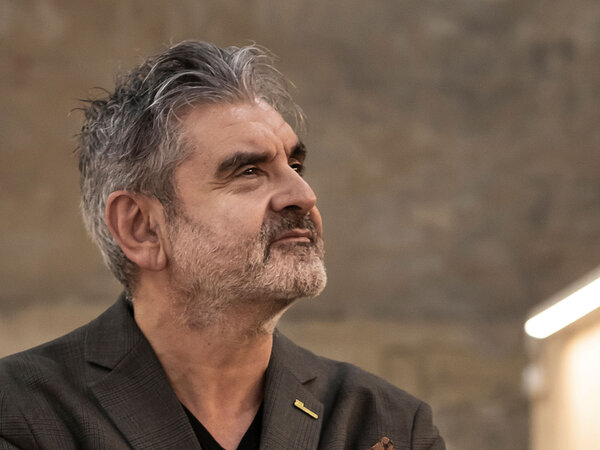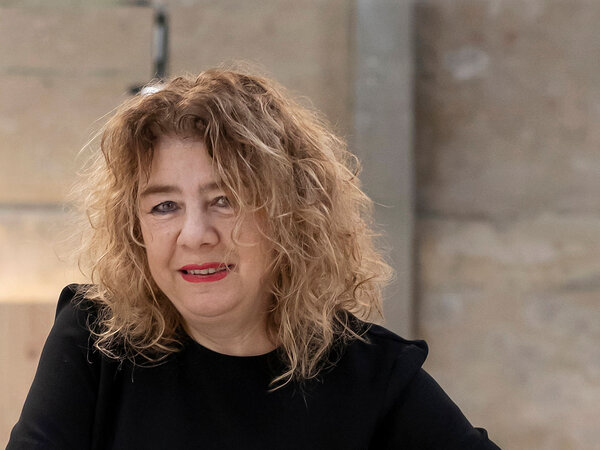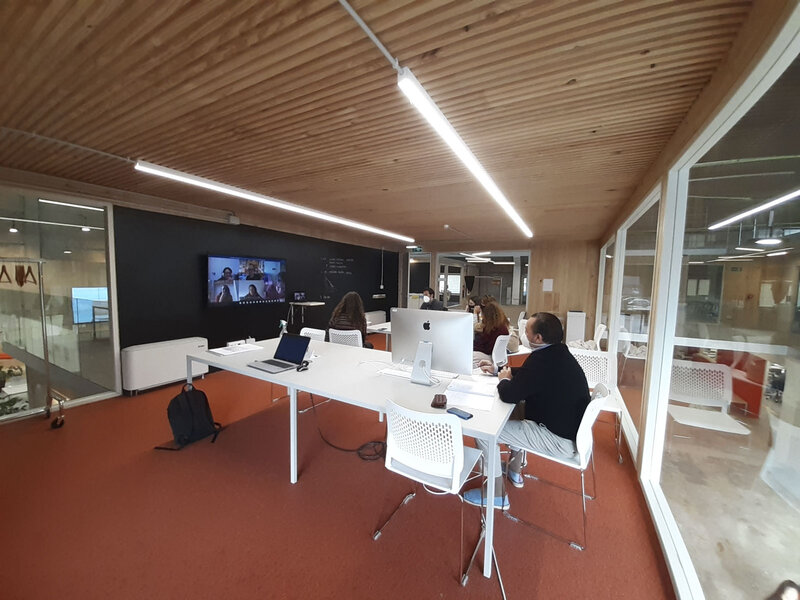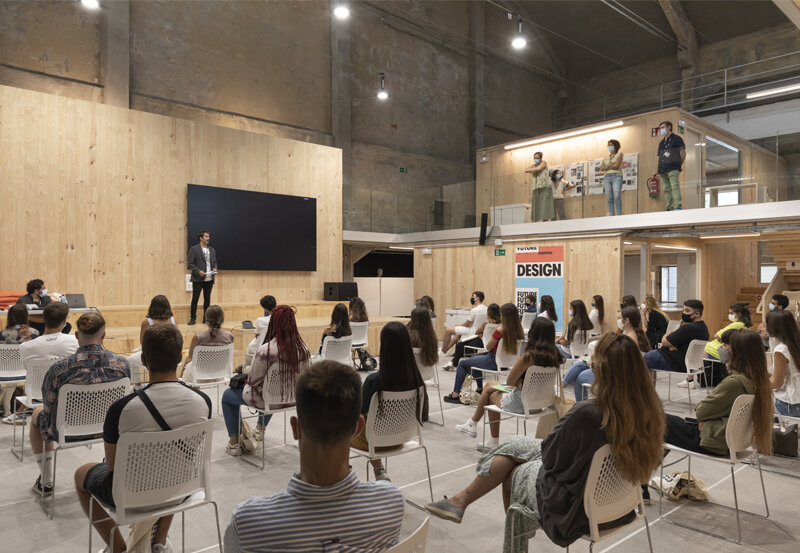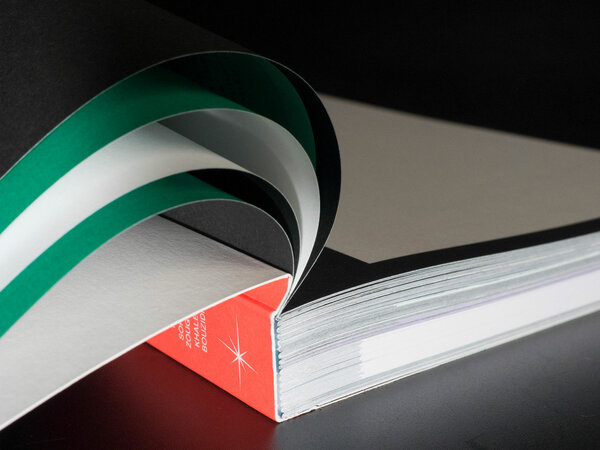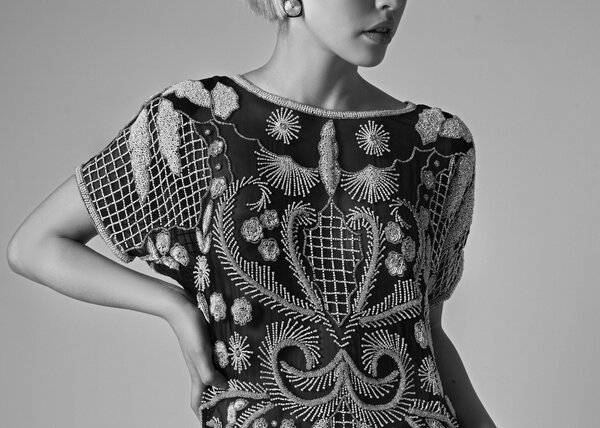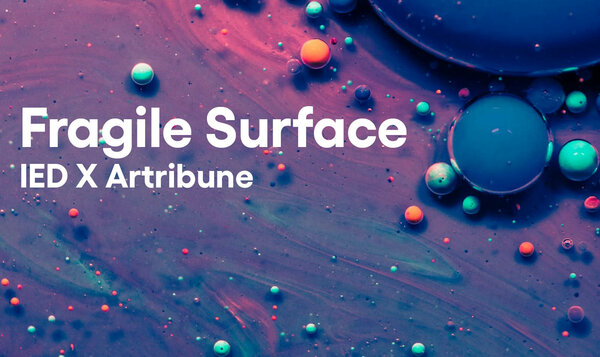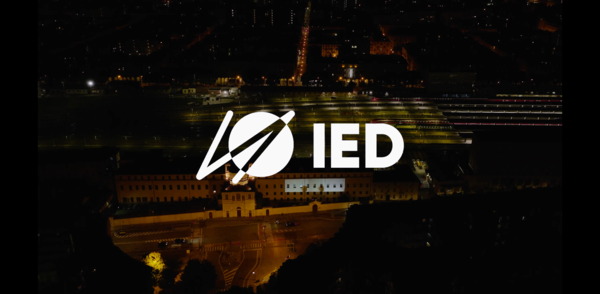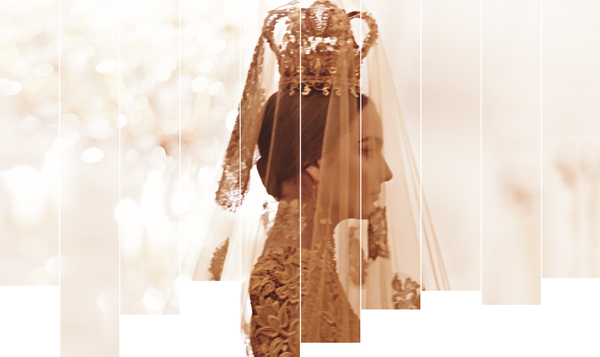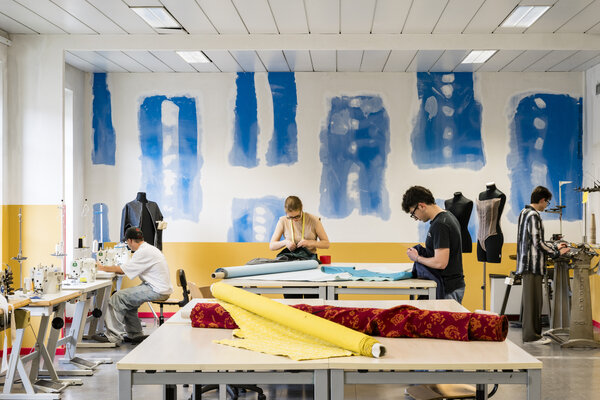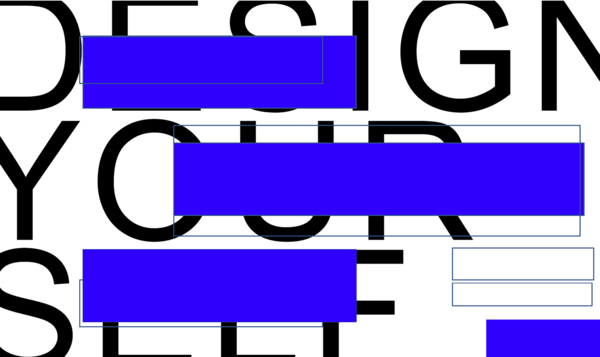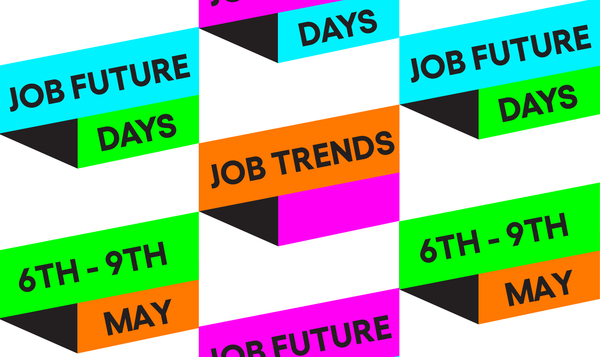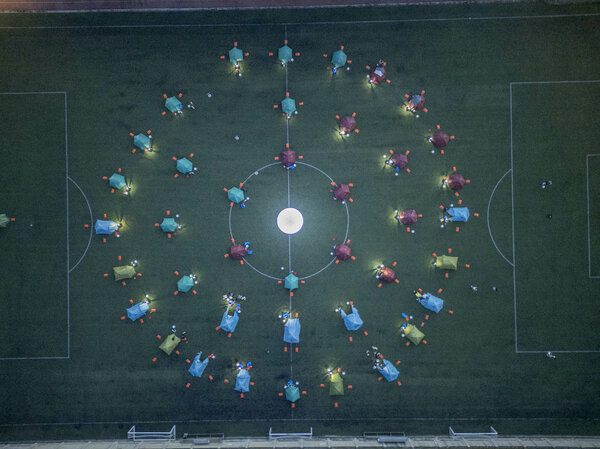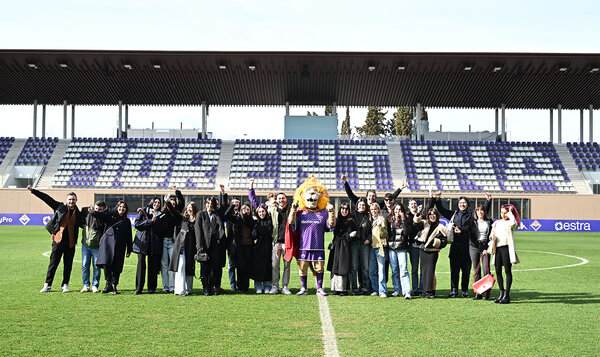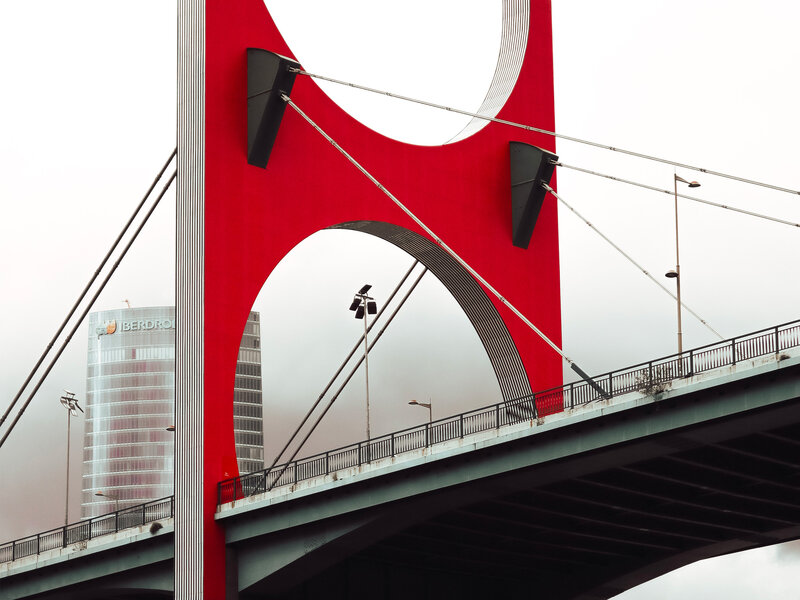
Urban Evolution: Art, Architecture and Design
Analysis and interpretation of classical and contemporary works
ESP
Language
Spanish
Start date
July 2024
Frequency
Part-time
Fruition
On campus
Duration
2 Weeks
Credits
60 Hours
Course Coordination
Tomás Carrascal, Marián Rubio
Price
An experiential learning to analyse urban evolution from the cultural and artistic dimension of a fascinating case study
In recent decades, Bilbao has undergone an intense transformation process, placing itself at the forefront of the most innovative cities in Europe. Its urban planning and its cultural and artistic wealth have been fundamental instruments in its regeneration.
The Summer Course in Urban Evolution: Art, Architecture and Design invites you to explore and critically analyse this evolution using a specific methodology that you can apply to the study of other cities and geographical contexts.
This introductory program offers not only classroom content, but experiential learning through visits to art centres, creative spaces or studios, and important architectural structures.
Information to decide
Immersion in the artistic and cultural dimension of one of Europe's creative hotbeds to understand the success of urban regeneration processes.
The course is divided between the classroom and visits to creative spaces, artists' studios and important architectural structures.
In this way, it offers a view of the city of Bilbao and its context from “active contemplation”. That is to say, analysing and reflecting on urban culture, history and art, while walking through the city and using tools such as smartphone cameras, sketchbooks or collages to record what is seen and felt.
It is aimed at lovers of the history of art, architecture or design who wish to explore these topics in relation to the context of the city of Bilbao.
Likewise, it is an interesting course for students of artistic disciplines, Architecture, Design or Cultural Heritage Management.
A formative experience where the city of Bilbao itself becomes the classroom, thanks to a program of visits to those artistic and cultural environments that help define its personality.
In addition, the experience is complemented with a participatory analysis work and through a methodology that can be extrapolated to other case studies.
Syllabus
Planning, methodology and tools
Bilbao: previous framework and general context. History and evolution
From prehistoric to modern eye
Aesthetic vision of the city: from historicism to rationalism
Basque industrial architectural heritage
Postmodern Bilbao and trends
Classic art and contemporary art
